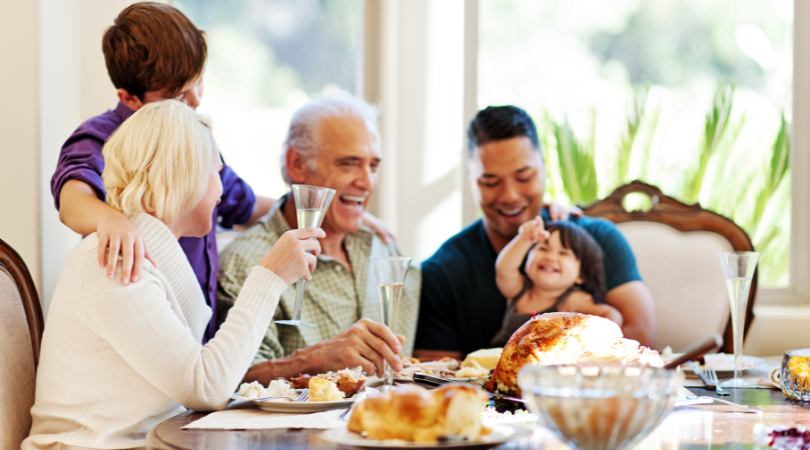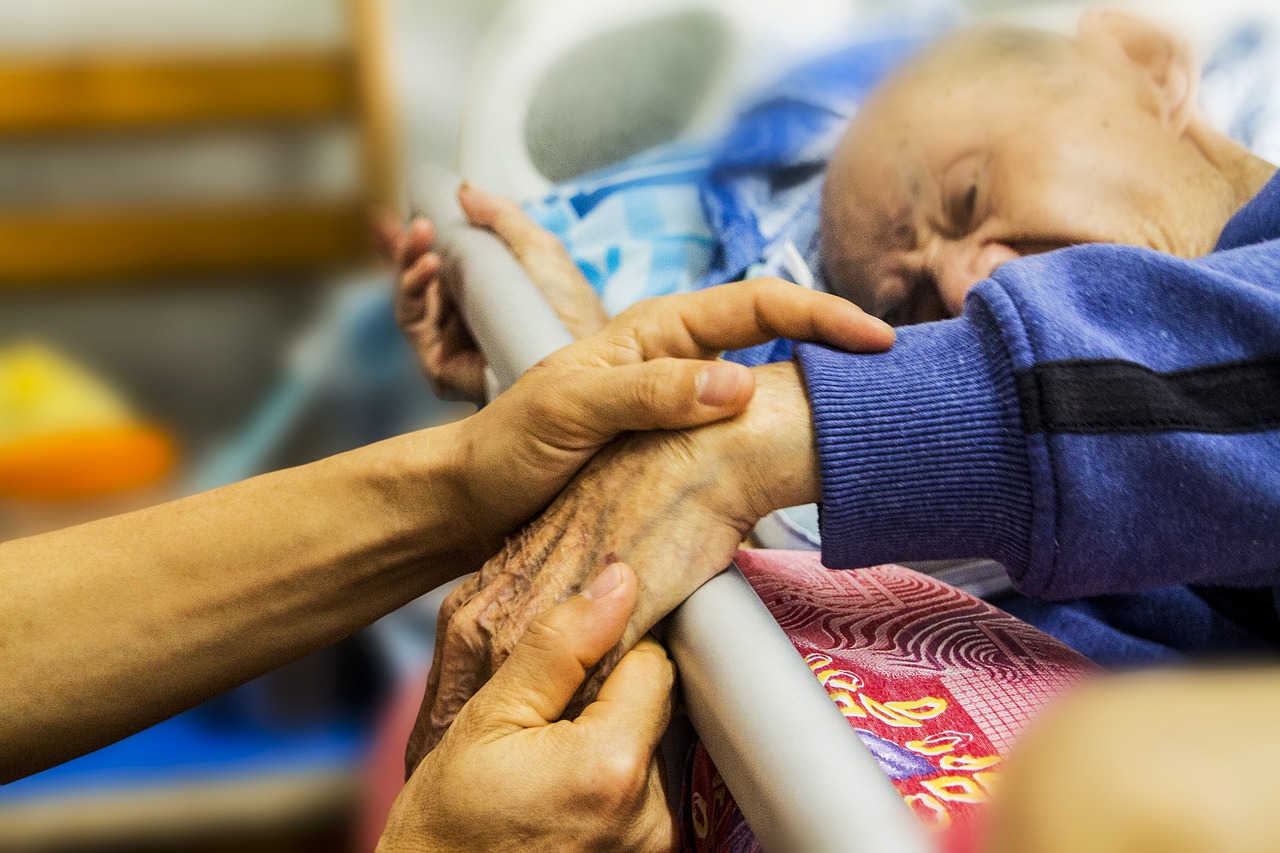Planning Ahead for Thanksgiving

Thanksgiving is one of the most popular holidays in the United States. Families across the country gather together to celebrate and share a meal. It’s a time of tradition and an opportunity to reflect on all we have to be grateful for.
However, when one of the people at the table is facing a terminal illness, it can mean necessary changes to those traditions and a somber realization that this may be their loved one’s final holiday season.
Families can prepare in advance to make the most of Thanksgiving with their terminally- ill loved one.

Gathering for Thanksgiving with a Terminally-Ill Loved One
It’s important to plan ahead to ensure your terminally-ill loved one can enjoy Thanksgiving. The menu may need to be adjusted to include things that are easier to eat and to accommodate dietary restrictions. If your loved one doesn’t have an appetite, don’t push them to eat. It’s natural for the body to become less able to process food towards the final weeks of life. Forcing food on someone who is unable to swallow or process food properly can cause them to choke or aspirate. Speak to their hospice nurse or healthcare team about any concerns about your loved one’s diet.
The Thanksgiving meal should be planned around your loved one’s routine. If your terminally-ill loved one has more energy in the early afternoon, plan to eat then and encourage them to rest as much as possible. It may be easier to have several small groups visit throughout the day rather than one large gathering.
Family planning to visit a terminally-ill loved one should stay flexible and call ahead to make sure they are up to seeing visitors that day. If anyone planning to visit isn’t feeling well, they should cancel their visit. Individuals with a terminal illness already have a weakened immune system and the last thing anyone wants to do is expose them to additional health concerns. If you can’t visit, try to arrange a video chat or a phone call instead.
If you’re the visitor, try to give your loved one’s regular caregivers a chance to take a break. Caregiving is rewarding work, but it’s also physically and emotionally draining. Help them out by doing the cooking or giving them some time and space to recharge while you visit with your terminally-ill loved one at Thanksgiving.

Anticipatory Grief at the Holidays
When a loved one has been diagnosed with a terminal illness, it’s common to start to imagine what life will be like without them and begin mourning that future loss long before their death. This is called anticipatory grief. Holidays can be particularly challenging for those who are caught between trying to enjoy the current holiday and imagining the empty place at future holidays.
While thinking about the loss of a loved one is never easy, the holidays can be a great opportunity to make the most of the time you have left together. Take the time this Thanksgiving to say all the important things to your terminally ill loved one. Let them know they are loved. Ask them to share stories, advice, and favorite recipes. If there has been conflict, consider mending fences.
Even when a loved one has a terminal illness, Thanksgiving has a way of reminding us how much we have to be grateful for. Take the opportunity to thank your loved one for the impact they have had on your life.
Crossroads Hospice & Palliative Care provides support to terminally ill patients and their families. To learn more about how we can support you through the holiday season, please call 1-888-564-3405.
If you found this information helpful, please share it with your network and community.
Copyright © 2022 Crossroads Hospice. All rights reserved.




